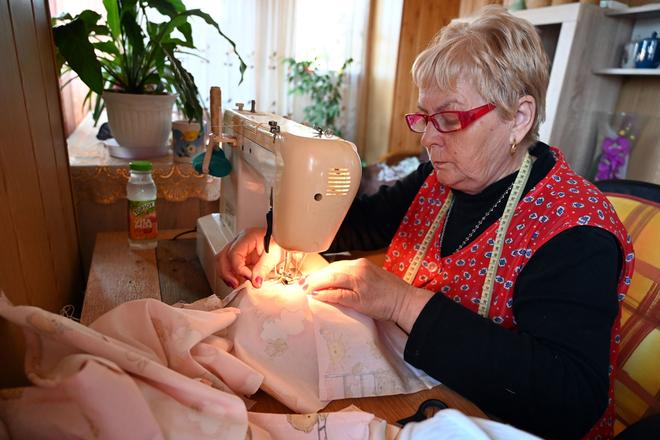At least as dangerous as the physical health risks posed by coronavirus is the fear that it can spread. As evidenced by the occasional fistfight over toilet paper, panic can make people behave unpredictably, and create a whole new set of problems. But it might surprise you that most evidence suggests that human beings are well-suited to thrive in difficult circumstances.
Staying locked up at home, especially with kids, risks straining even the steadiest nerves (I am five days in, and no, I don’t want to watch Shrek again — ever). And yet shared hardship is often, counterintuitively, good for mental health.
Studies of the blitz of London during World War II show that fewer people reported to mental hospitals during the bombardment, and psychologists with existing patients found that many of their symptoms actually improved.



 (source: TASR)
(source: TASR)